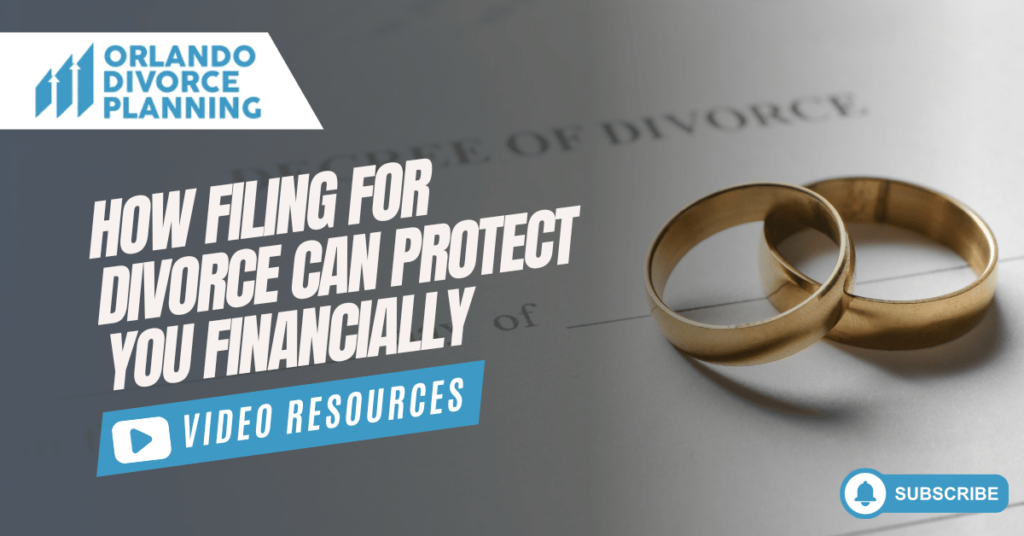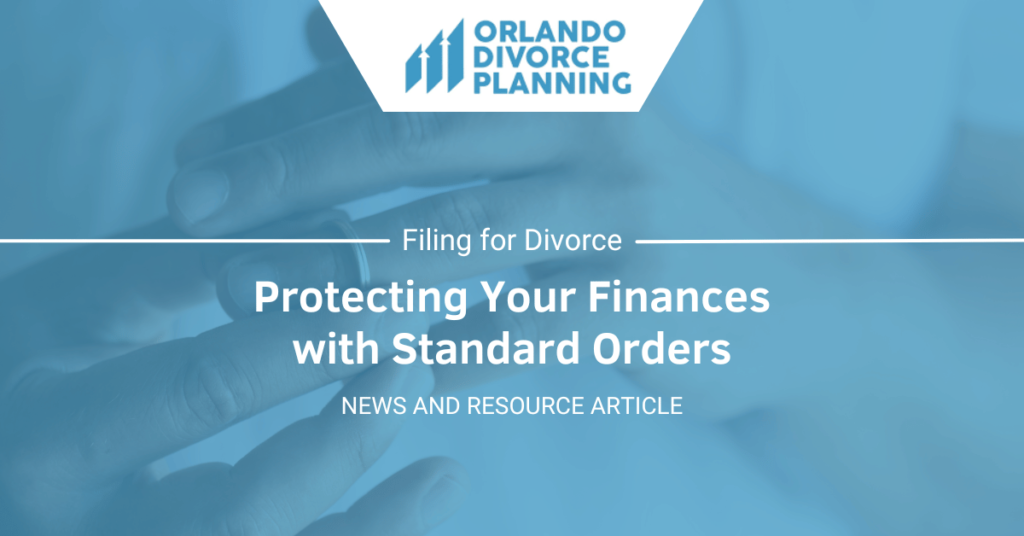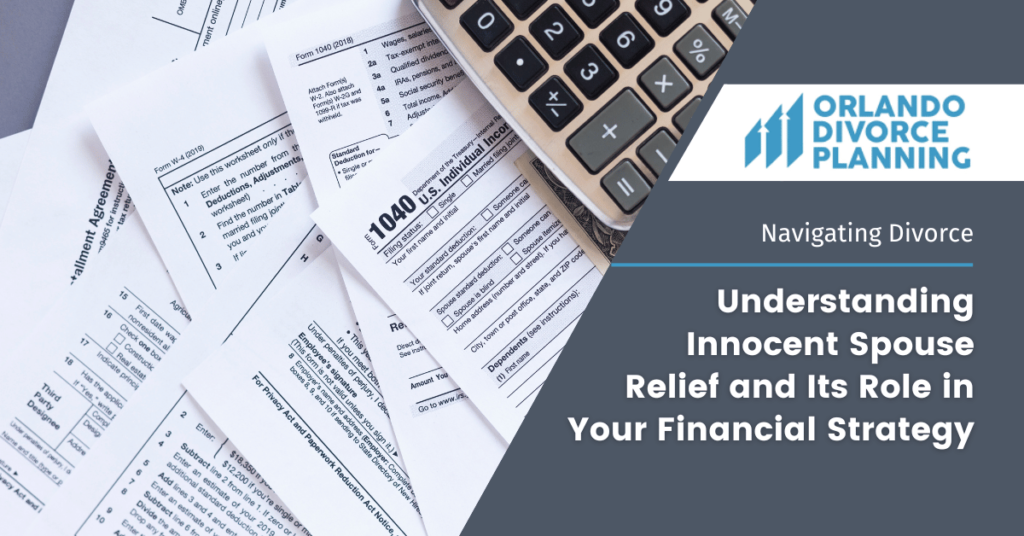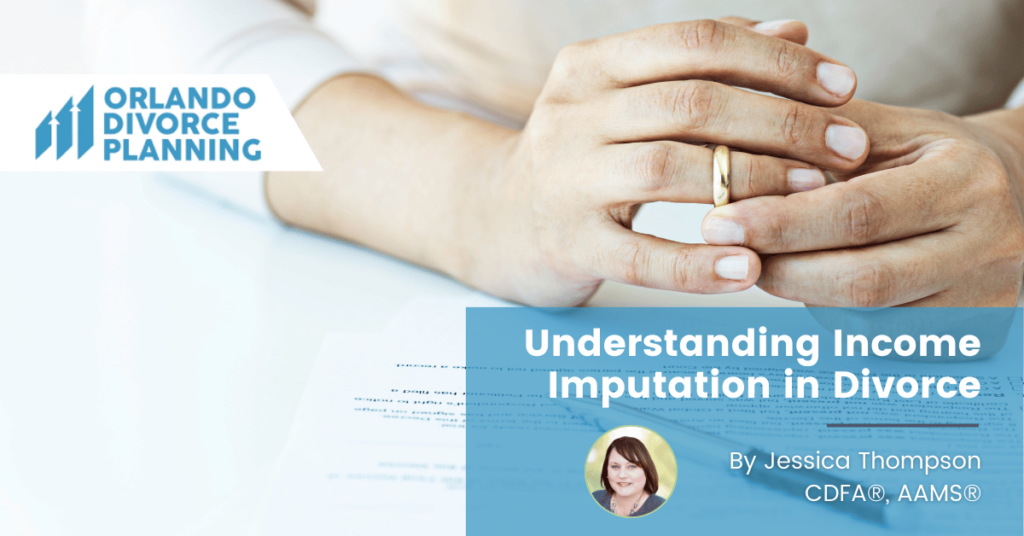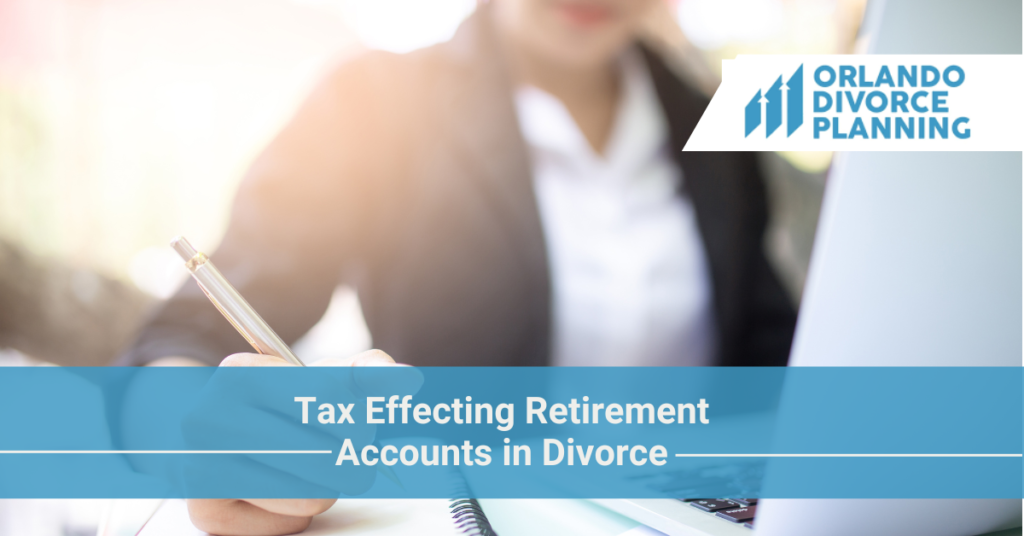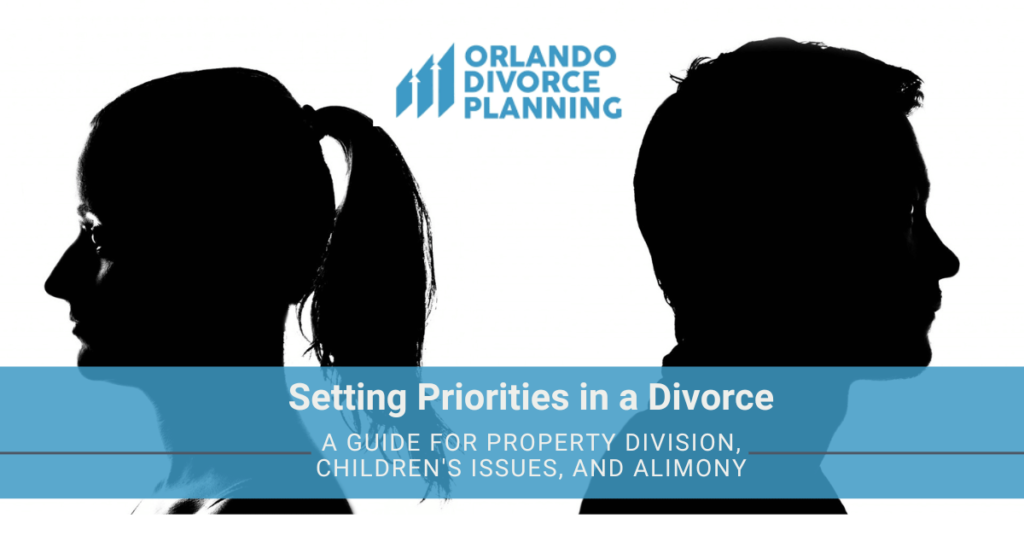Why Separation Can Hurt You: Florida’s Lack of Legal Recognition for Separation
For many couples, separation feels like a logical first step before divorce. It provides space and time to assess the future of the marriage without making anything final. However, if you live in Florida, it’s important to understand that Florida does not recognize legal separation in the way some other states do. This lack of recognition can have serious consequences, particularly when it comes to your finances, rights, and future.



